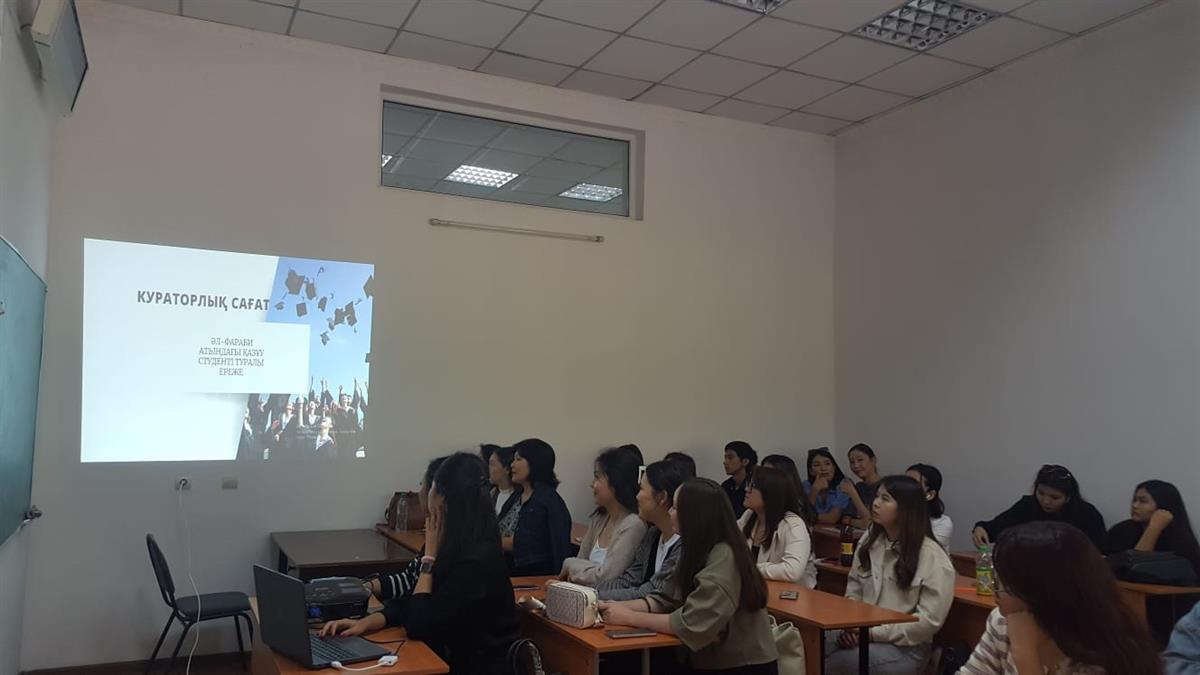Kassym-Jomart Tokayev: “the concepts of “Fair Kazakhstan” and “Adal Azamat” are fundamental values...”
Views: 903

It is significant that on September 1, 2023, precisely on the Day of Knowledge, the President of the Republic of Kazakhstan Kassym-Jomart Tokayev voiced his Message to the People of Kazakhstan. Along with deputies of the Mazhilis and Senate, heads of central government bodies, members of the National Kurultai, the Commission on Human Rights, the National Commission for Women's Affairs and Family and Demographic Policy, representatives of the public and labor collectives took part in the joint meeting of the chambers of the Parliament of the Republic of Kazakhstan. The President updated the issues of development of practical spheres of our country based on the concept of “Adal Azamat”, which originates from Abai’s teaching about the “Perfect Man”. Kassym-Jomart Tokayev drew the audience’s attention to the fact that the concepts of “Fair Kazakhstan” and “Adal Azamat” are fundamental values that should be on the same page. Where there is no accountability, there will never be justice. If every person is a responsible citizen whose words do not differ from deeds, then justice will prevail in the country. The right and duty of citizens of Kazakhstan to make the country strong and successful, to ensure its protection and prosperity is a sacred duty. Kassym-Jomart Tokayev especially emphasized that it is necessary to use the tourism and recreational potential of Kazakhstan. Breakthrough projects must be implemented in the tourism sector. The President emphasized that there have been no significant successes in this important industry yet and the country lags behind other countries. They were instructed to prepare a specific list of no less than 15 major projects in the tourism sector of Kazakhstan. He noted that past mistakes cannot be allowed to happen. It is necessary to determine effective support measures and specific implementation deadlines. Both foreign investors and domestic businesses need to be actively involved in the implementation of these projects. The President of Kazakhstan also focused on the issue of entrepreneurship development, which is directly related to the hospitality and tourism industry. The measures taken in recent years have ensured the stable growth of small and large businesses. However, the pace of development of medium-sized businesses is insufficient. To successfully transition to a new economic model, you will have to raise it manually. It is important to eliminate the distortions that hinder business development. It is no secret that most of it, as it grows, splits up in order to remain in the “convenient” segment of small business. The government is recommended to make changes to legislation to stimulate the consolidation of business entities. There are not many successful enterprises in the country that are actively developing markets. They need to be supported. For each of them, it is important to draw up a specific plan aimed at increasing capabilities and expanding production by two to three times. Kassym-Jomart Tokayev recommended combining the “Business Road Map” and “Economics of Simple Things” programs into a comprehensive program to support small and medium-sized businesses. The President of Kazakhstan emphasized that it is important to differentiate government support by the level of technological complexity of production and business categories. The operational efficiency of government support is critical. Therefore, it is necessary to carry out a structural transformation of the Baiterek holding and its large-scale digitalization. The President of Kazakhstan focused on the defining principles of the country’s new economic course - fairness, inclusiveness, pragmatism. The new paradigm of economic development of Kazakhstan will be based on the effective use of competitive advantages, as well as unlocking the potential of all key factors of production - labor, capital, resources and technology. As part of the new economic policy, the country will move away from the practice of setting long-term ephemeral goals. All tasks set out in the Address must be solved within three years; for the most complex ones, other specific deadlines will be determined.








